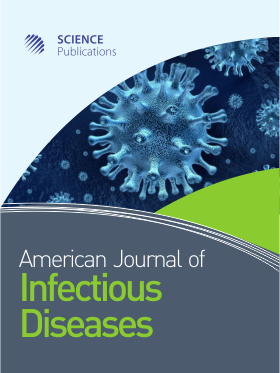Methamphetamine Inhibits β-Chemokines and Co-Stimulatory Molecule Expression by Dendritic Cells
- 1 Florida International University, United States
- 2 Universida Central del Caribe School of Medicine, United States
- 3 State University of New York at Buffalo, United States
- 4 Mount Sinai Medical Center, United States
Abstract
The US is currently experiencing a serious epidemic of methamphetamine (Meth) use entangled with HIV-1 infection. Blood monocyte derived dendritic cells (DC ) are the first line of defense against HIV-1 infection and are the initial target of HIV-1 in injection drug users. Chemokines are known to be HIV-1 suppressing molecules and are positively associated with non- progression of HIV disease. Co-stimulatory molecules are necessary for DC maturation, effective antigen presentation, cell migration, and T cell proliferation. Although previous studies suggest that Meth deregulates various immune responses, the role of Meth on gene expression and production of β-chemokines and co-stimulatory molecules by DC has not been studied. We hypothesize that Meth induced immune defects may be mediated by dysregulation of β-chemokines (MIP-1α/CCL3, MIP-1β/CCL4 and RANTES/CCL5), co-stimulatory and maturation molecules (CD83 and CCR7) by DC. Our results show that Meth significantly downregulates the gene expression and production of β-chemokines and co stimulatory molecule by DC from normal subjects. In HIV-1 infected subjects, RANTES variant In1.1c that has been associated with accelerated HIV-1 disease progression was significantly higher compared to normal controls. Further, Meth significantly inhibited total RANTES gene expression with a reciprocal upregulation of RANTES variant In1.1c in a dose dependent manner by both immature DC (IDC) and mature DC (MDC) from normal subjects. These studies report for the first time that Meth deregulates β-chemokines and co-stimulatory molecule expression by DC. The results emanating from these studies may help to support the therapeutic application of chemokines to restore anti-HIV-1 immune responses to prevent or control HIV-1 infection in meth using populations.
DOI: https://doi.org/10.3844/ajidsp.2007.217.224

- 5,228 Views
- 3,513 Downloads
- 1 Citations
Download
Keywords
- DC-SIGN
- dendritic cell(DC) specific C type ICAM-3 grabbing nonintegrin
- RANTES
- regulated upon activation T-cell expressed and secreted
- IDC immature DC
- MDC
- mature DC
